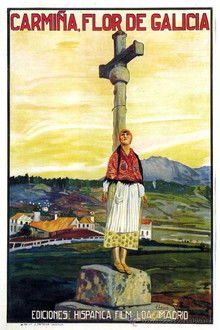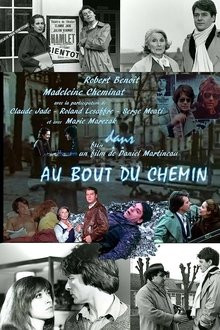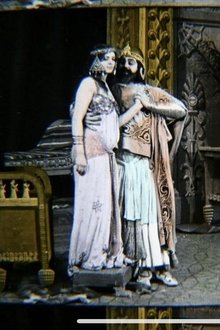Related Movies

City Hall (1996)
The accidental shooting of a boy in New York City leads to an investigation by the Deputy Mayor, and unexpectedly far-reaching consequences.

Bugsy (1991)
New York gangster Ben 'Bugsy' Siegel takes a brief business trip to Los Angeles. A sharp-dressing womanizer with a foul temper, Siegel doesn't hesitate to kill or maim anyone crossing him. In L.A. the life, the movies, and most of all strong-willed Virginia Hill detain him while his family wait back home. Then a trip to a run-down gambling joint at a spot in the desert known as Las Vegas gives him his big idea.

The Player (1992)
A Hollywood studio executive is being sent death threats by a writer whose script he rejected - but which one?
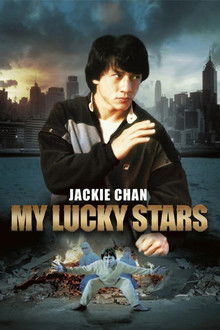
My Lucky Stars (1985)
Two Hong Kong cops are sent to Tokyo to catch an ex-cop who stole a large amount of money in diamonds. After one is captured by the Ninja-gang protecting the rogue cop, the other one gets his old Orphanage gang, dubbed the "Five Lucky Stars," to help him. They don't like this much, but they do it.
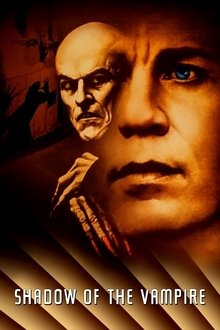
Shadow of the Vampire (2000)
Director F.W. Murnau makes a Faustian pact with a vampire to get him to star in his 1922 film "Nosferatu."
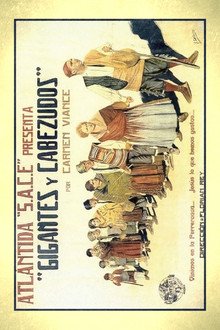
Gigantes y cabezudos (1926)
Ricla, a village in Aragon, Spain, 1898. The imminent wedding between Jesús and Pilar, two young lovers, is frustrated when he is drafted to go to the war in Cuba.

La malcasada (1927)
A silent film centering around bull fighting and general melodrama, which also serves nicely as a documentary with 'cameos' by many Spanish personalities of the time.
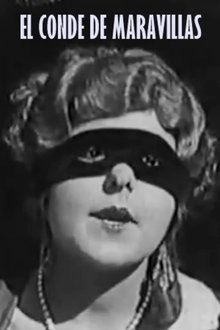
El conde de Maravillas (1927)
The Count of Maravillas receives an unusual proposal from a masked woman: to kidnap the valido of King Carlos IV.
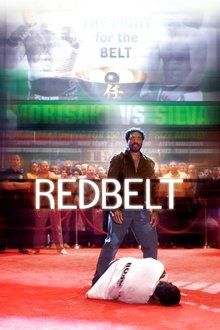
Redbelt (2008)
Martial artist Mike Terry lives by a strict code of no competitions, for he feels that such contests weaken fighters. After saving a famous action star from a brutal attack, Mike takes a job in the film industry. He soon finds his personal beliefs and integrity on the line as circumstances force him to participate in a prize fight.
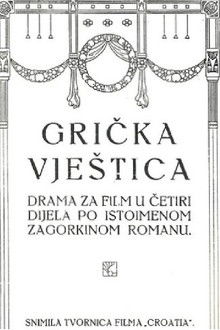
The Witch of Gric (1920)
A young countess, Nera Keglević, is fighting against believing in witches by using witchcraft. But the problem is that local judge Krajačić is accusing Nera to be witch for revenge.

Last Minute (2025)
An aspiring director wants to submit his own short film to his school's media festival. With less than a month left to participate, he has yet to begin production on the film. His procrastination leads him to decide between making the project he's most excited for, or coming up with something else for the meantime.

Avenging Angelo (2002)
A woman who has recently discovered that she is the daughter of Angelo, a major mafia boss, decides to wreak vengeance when he is killed by a hitman. She's aided by his faithful bodyguard, with whom she soon falls in love.
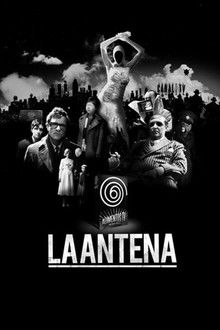
The Aerial (2007)
An entire city has lost its voice. Mr. TV, the owner of the city's only television channel, is carrying out a sinister plan to control all of the city's inhabitants.
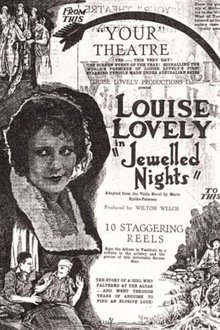
Jewelled Nights (1925)
After her father's death, socialite Elaine Fleetwood promises to marry a man she does not love. However, she leaves him at the altar during a wedding ceremony, cuts her hair and decides to disguise herself as a boy and go prospecting in northwest Tasmania. She meets a handsome miner who figures out she is a woman, saves her from a villain and marries her.
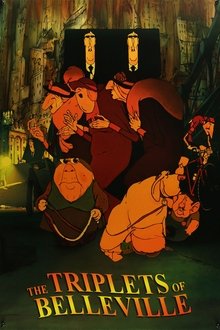
The Triplets of Belleville (2003)
When her grandson is kidnapped during the Tour de France, Madame Souza and her beloved pooch Bruno team up with the Belleville Sisters—an aged song-and-dance team from the days of Fred Astaire—to rescue him.
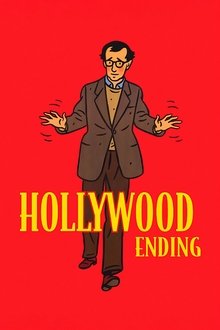
Hollywood Ending (2002)
Woody Allen stars as Val Waxman, a two-time Oscar winner turned washed-up, neurotic director in desperate need of a comeback. When it comes, Waxman finds himself backed into a corner: Work for his ex-wife Ellie or forfeit his last shot. Is Val blinded by love when he opts for the reconnect? Is love blind when it comes to Ellie's staunch support? Literally and figuratively, the proof is the picture.
